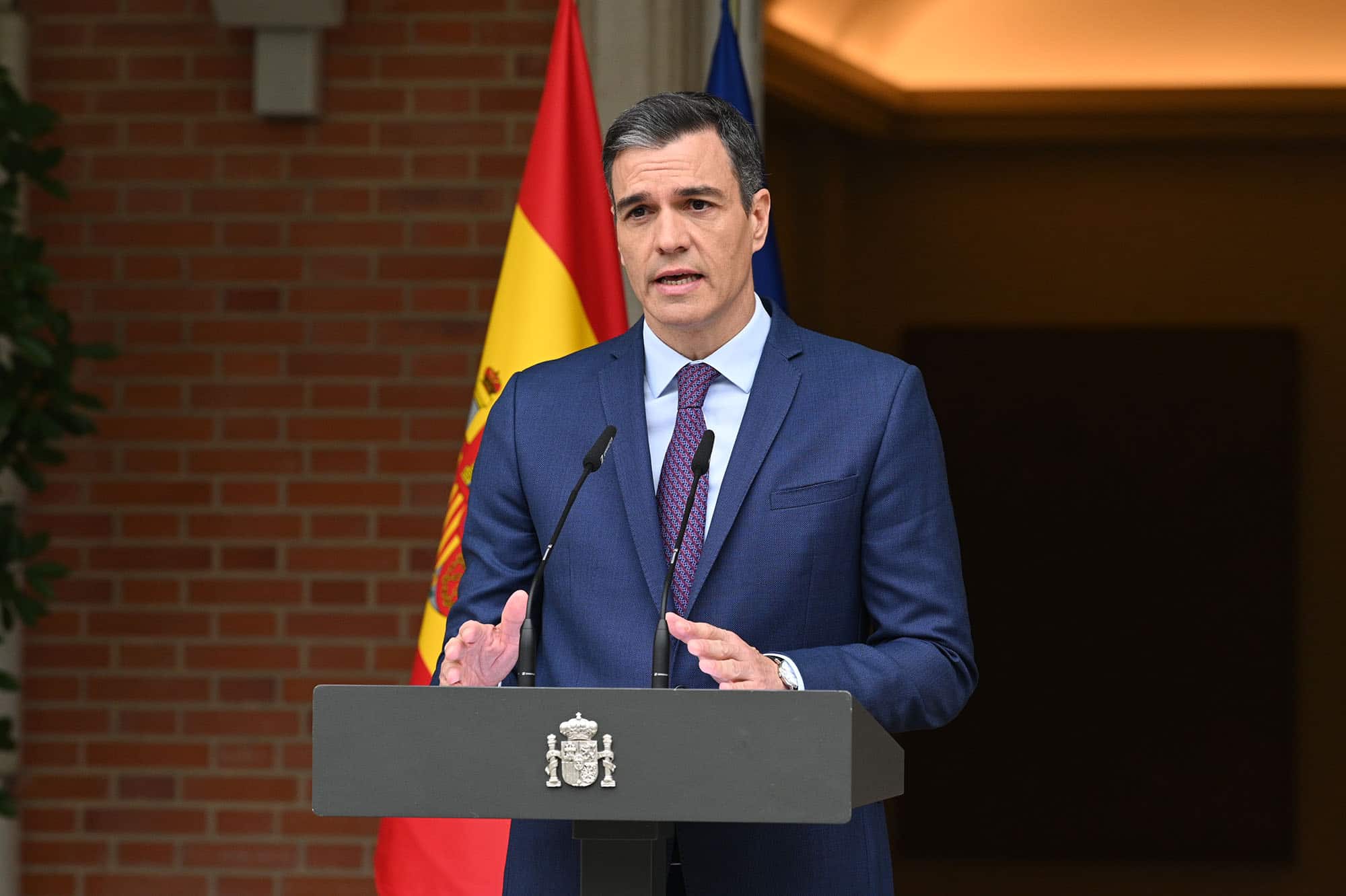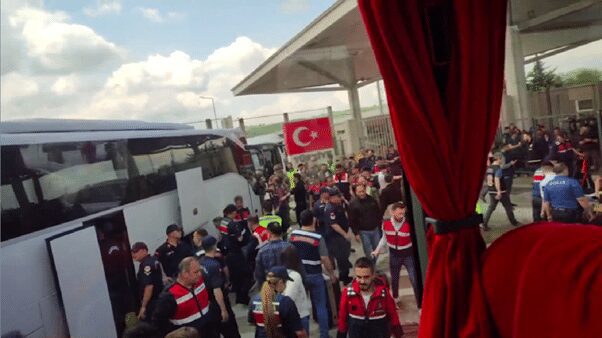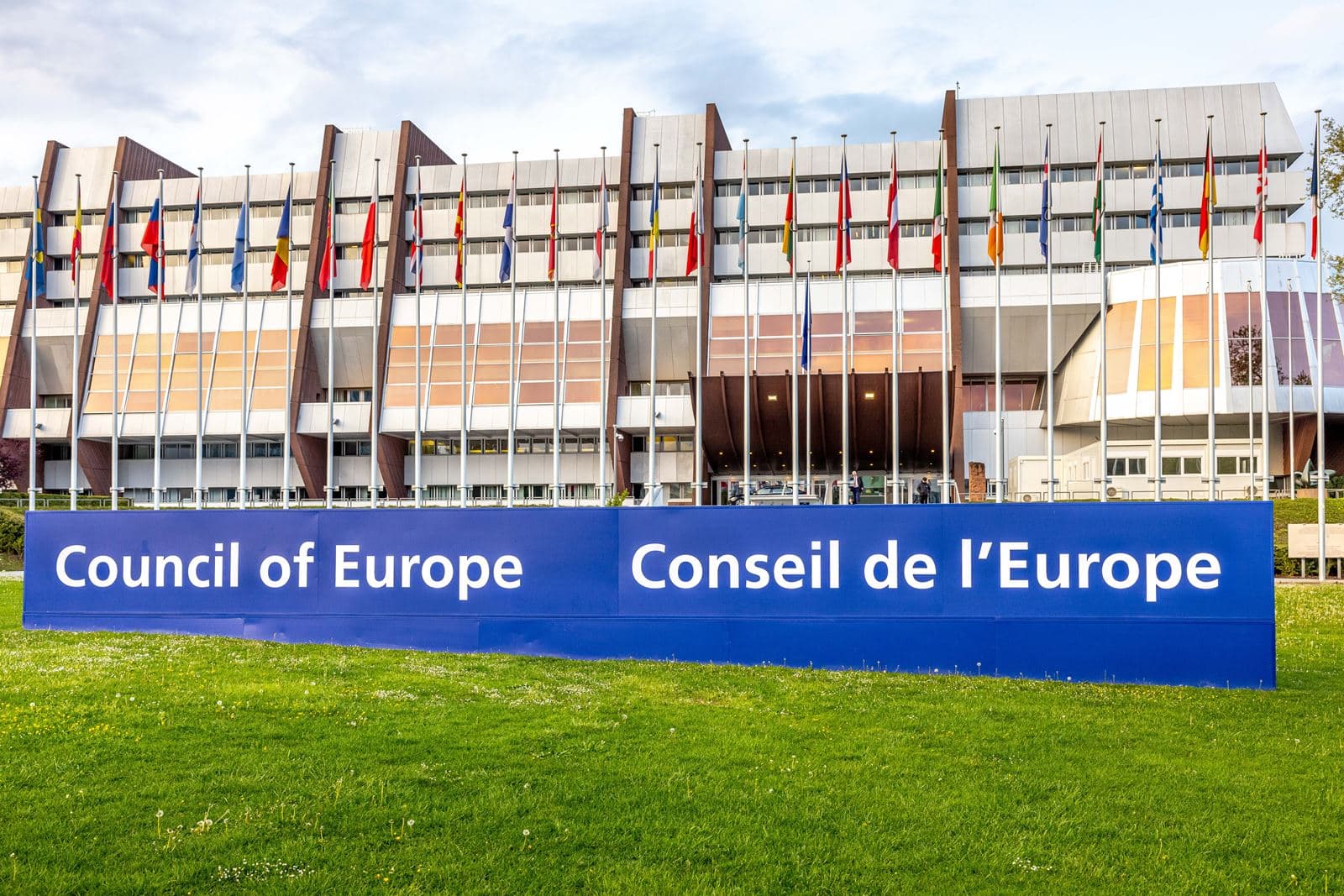“It is vital that the recent diplomatic moves are matched with real action,” said Geir Pedersen, the UN Secretary-General’s Special Envoy for Syria, briefing the Security Council on recent political and humanitarian developments.
A range of diplomatic initiatives have quickened the pace towards finding solutions on, among other things, continuing a direct dialogue with the Government of Syria, including such concerns raised in Security Council resolution 2254 as territorial integrity, and working towards national reconciliation.
In the last month, Moscow hosted a meeting of the foreign ministers of Iran, Russia, Syria, and Türkiye, and Amman held a meeting with counterparts from Egypt, Iraq, Jordan, Saudi Arabia, and Syria.
The League of Arab States adopted related resolutions in Cairo, and an Arab Ministerial Liaison Committee was established to continue the direct dialogue with the Syrian Government. During the same period, the President of Syria participated in the Arab League Summit in Jeddah.
Danger of status quo
“Common attention to these themes and points [of discussions] could present a real opportunity to move forward,” he said, but, he said in his discussions with key ministers involved in seeking a diplomatic solution, he has “made clear that I appreciate the dangers of the status quo both for the Syrian people and for regional and other actors, who want to curb instability”.
If substantive issues begin to be addressed, even if incrementally, this “new dynamic” could create “much-needed momentum”, he said, anticipating his continued engagement with Syrian parties, the Arab, Astana, and Western players, and the Security Council.
“Even minimal progress” in implementing resolution 2254 “will require the confidence and resources of many different players, and serious action”, he said.
Against this backdrop, he said the Syrian people continue to suffer on a massive scale. Syrian refugees had voiced their desire to return, but in 2023, only a small fraction indicated their wish to return in the coming year. Lack of livelhood opportunities, a fragile security situation, and fears of arbitrary detention were among the top reasons why, he said.
As such, confidence-building measures and the political process must be a focus, and “if the Syrian Government were to start to address in a more systematic manner the protection concerns of the displaced working closely with the UN, and if donors were to help the UN to do more to address the concerns all Syrians have about livelihoods”, the reality on the ground could change for all Syrians, bringing about a safer and calmer environment across the country.
Warning of recent reports on the further increase in poverty, he said the cumulative effects of war, drug trafficking, the war in Ukraine, and other drivers, are real concerns.
Currently, violence continues to cause civilian deaths at a time when humanitarian needs “have never been higher”, he said, underlining an urgent need to establish a national ceasefire.
Geir Pedersen (on screen), Special Envoy of the Secretary-General for Syria, briefs members of the UN Security Council on the situation in Syria.
Syria must remain ‘a global priority’
Ghada Eltahir Mudawi, Deputy Director of the Office for the Coordination of Humanitarian Affairs (OCHA), said Syrians need the support of the international community now more than at any time in the past 12 years.
“The humanitarian crisis in Syria must remain a global priority,” she said, outlining the current landscape, where after a dozen years of conflict, “the vast majority of the Syrian population continues to face daily challenges to meet the most basic food, health, and shelter needs.
A staggering 15.3 million people require humanitarian assistance throughout the country, representing nearly 70 per cent of Syria’s population. For the first time in the history of the crisis, people across every sub-district in Syria are experiencing some degree of humanitarian stress, she said, adding that the earthquakes earlier this year compounded this already bleak humanitarian situation, with more than 330,000 people remaining displaced, and thousands more without access to basic services and livelihoods.
Ghada Eltahir Mudawi, Deputy Director of the Office for the Coordination of Humanitarian Affairs (OCHA), briefs the Security Council meeting on the situation in Syria.
‘Matter of life and death’
While the UN and partners continue large-scale efforts to respond to the most urgent humanitarian needs, continued support from donors and this Council will be crucial to address ongoing essential needs, she said, noting that the preliminary Syria Earthquake Recovery Needs Assessment has estimated almost $9 billion in damage and losses, and $14.8 billion in recovery needs over the next three-year period.
A 12-month extension of the Security Council’s authorization of the cross-border mechanism is indispensable, she stressed.
“It is a matter of life and death for millions of people in northwest Syria,” she cautioned.
“The situation in Syria is too fragile, the needs are too great and too many lives are at stake not to ensure sustained humanitarian access via every possible modality, including cross-border and cross-line missions,” she added.
Calling for greater solidarity and urgently increased humanitarian funding to save lives and prevent further suffering, she said that while efforts continue to achieve a lasting political solution, “we must ensure that the urgent needs of women, men and children of Syria – life-saving aid and early recovery – are prioritized and adequately resourced.”
“They are counting on your support to stay the course,” she said.
In other business
In other business this morning, the Security Council considered two draft resolutions, unanimously adopting one that renewed the UN mission in Iraq, UNAMI.
By a vote of 10 in favour, with 5 abstentions (China, Gabon, Ghana, Mozambique, Russia), the Council also adopted a draft resolution renewing the South Sudan sanctions regime, with some members expressing concerns that the measures would have a negative socioeconomic impact on the South Sudanese people.
For more details on the this and other meetings occurring throughout the UN system, visit our dedicated UN Meetings Coverage page.














